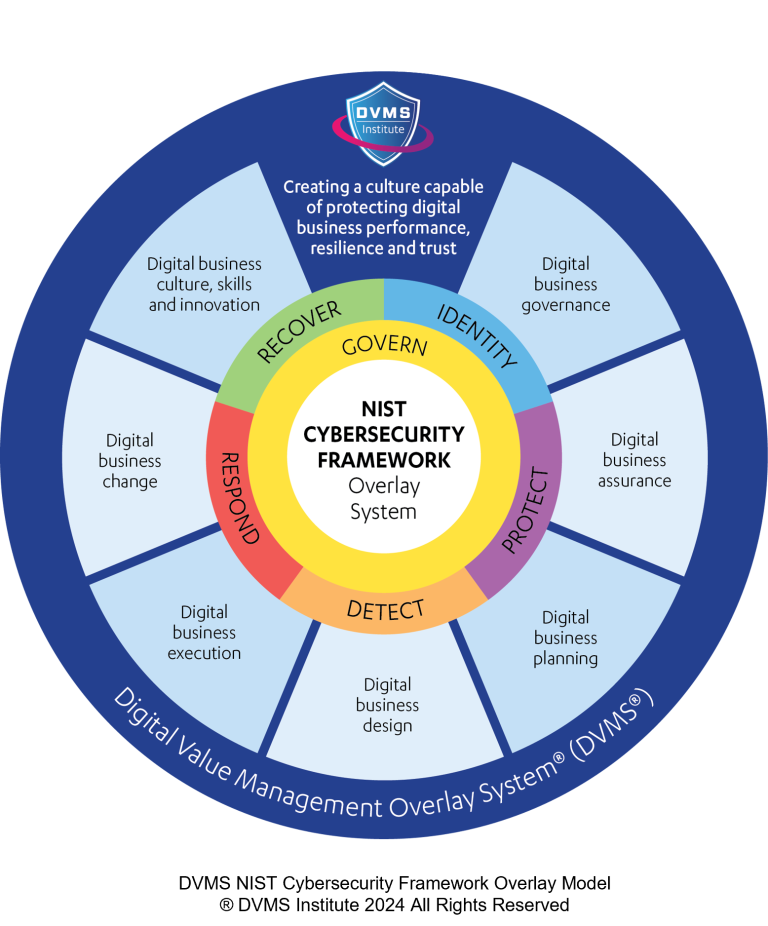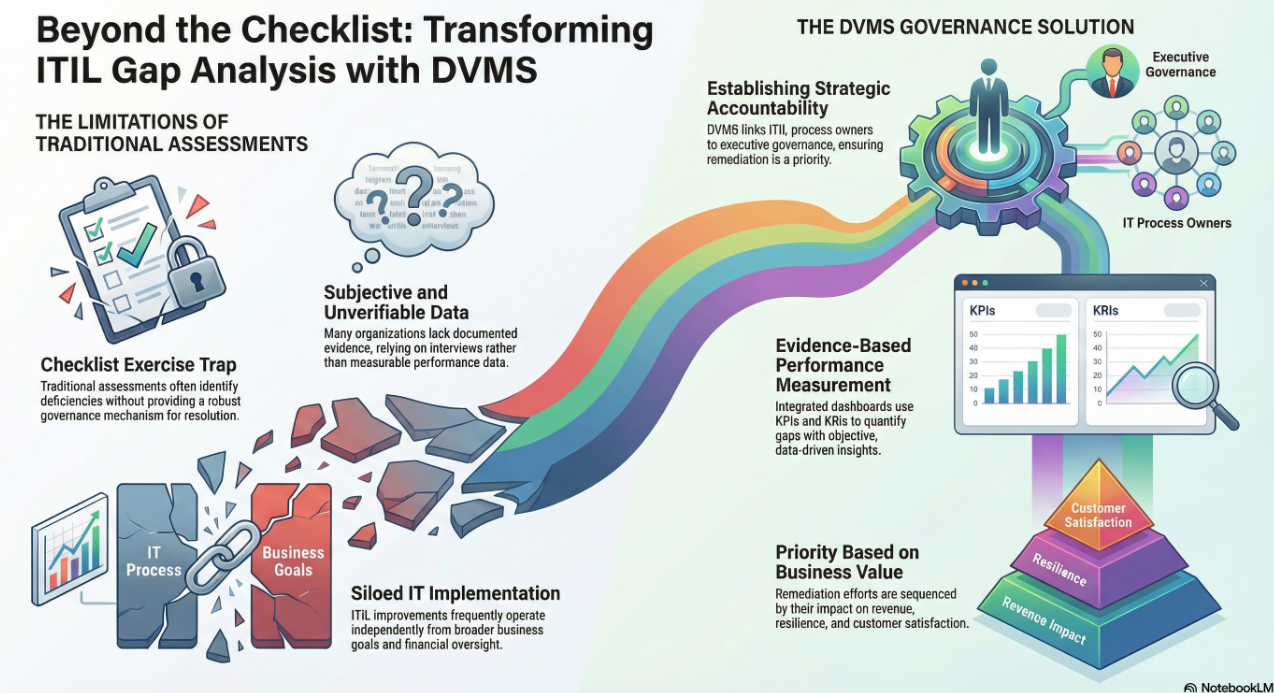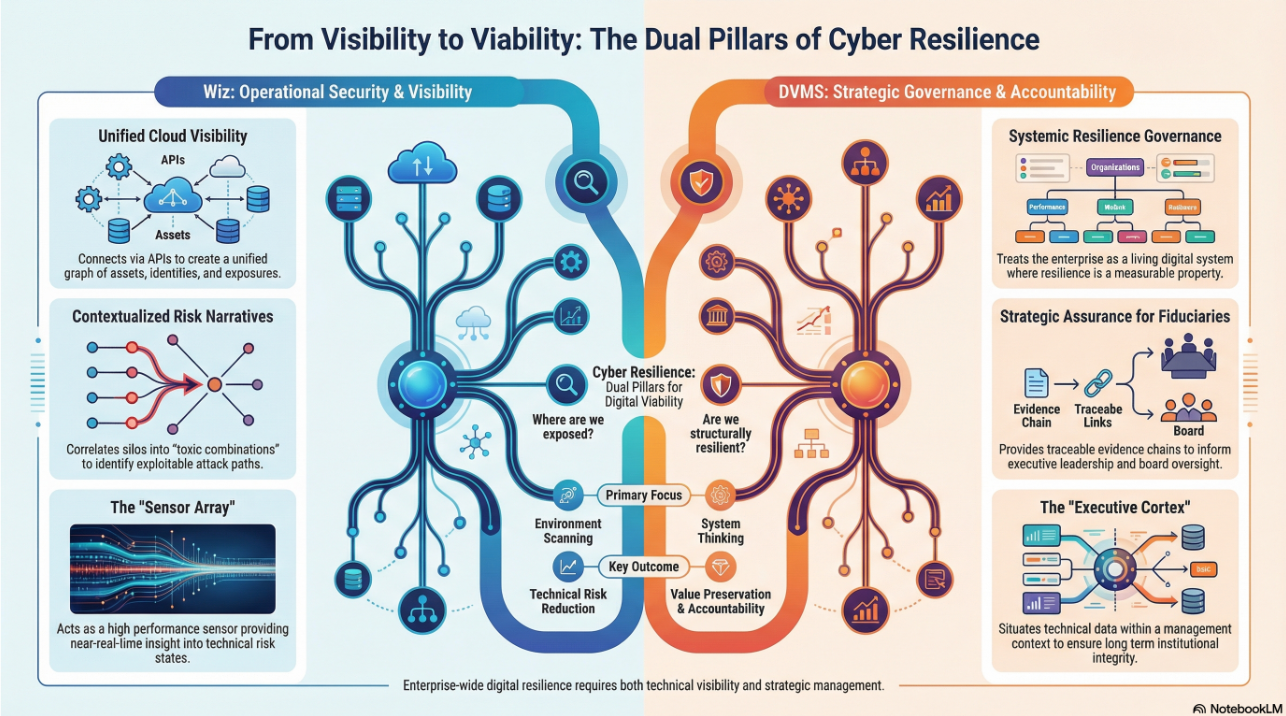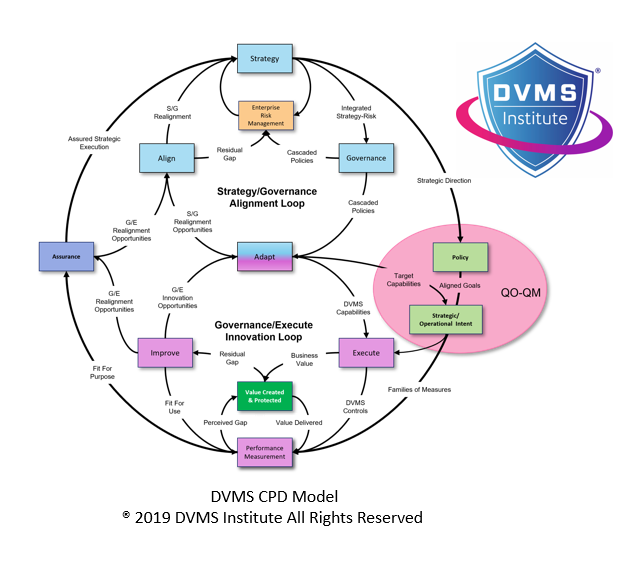SMBs Need for An Intern Approach to Cybersecurity Risk Training
Rick Lemieux – Co-Founder and Chief Product Officer of the DVMS Institute
The digital landscape has transformed the business world, particularly for small and medium-sized businesses (SMBs). Once considered relatively safe from cyberattacks, SMBs are now prime targets for cybercriminals. This shift necessitates a dramatic overhaul in how these businesses approach cybersecurity. Drawing parallels to the training regimens of college interns offers a compelling framework for enhancing SMB cybersecurity risk management preparedness.
College interns are typically young, tech-savvy individuals with a thirst for knowledge. Their training often characterizes a steep learning curve, hands-on experience, and a focus on adaptability. These qualities are precisely what SMBs need to cultivate in their employees.
Firstly, like interns, SMB employees require a strong foundation in cybersecurity risk fundamentals. This includes understanding basic concepts such as phishing, malware, and social engineering. Just as interns are taught the basics of their field, SMB staff should be equipped with the essential knowledge to protect themselves and the business.
Secondly, hands-on experience is paramount. Interns are often thrown into real-world projects to gain practical skills. Similarly, SMB employees should be involved in cybersecurity risk exercises, such as control assessments, simulated phishing attacks, or vulnerability assessments. This experiential learning fosters a proactive approach to security and enhances problem-solving abilities.
Adaptability is another key trait that interns and those who excel in cybersecurity risk management share. The threat landscape constantly evolves, requiring individuals to stay updated on the latest trends and techniques. Just as interns must adapt to changing project requirements, SMB employees must be agile in responding to emerging cyber threats.
Furthermore, interns are often part of a collaborative learning environment. They learn from mentors and peers and through group projects. SMBs can benefit from creating a similar culture of knowledge sharing. Encouraging employees to discuss cybersecurity concerns, participate in training sessions, and share best practices can strengthen security posture.
Finally, interns are often evaluated based on their performance and growth. SMBs should adopt a similar approach to cybersecurity risk training. Setting clear expectations, providing regular feedback, and tracking employee progress can help identify training gaps and areas for improvement.
By treating employees like college interns, SMBs can cultivate a cybersecurity-conscious workforce equipped to handle the challenges of the digital age. This approach reduces the risk of cyberattacks and fosters a culture of innovation and continuous learning.
While the comparison between SMB employees and college interns might seem unconventional, it highlights the critical need for a structured, hands-on, and adaptable approach to cybersecurity risk training. By embracing this mindset, SMBs can significantly enhance their resilience against cyber threats and protect their valuable assets.
About the Author

Rick Lemieux
Co-Founder and Chief Product Officer of the DVMS Institute
The DVMS Institute teaches organizations of any size, scale, or complexity an affordable approach to mitigating cyber risk to protect digital business performance, resilience, and trust.
Rick has 40+ years of passion and experience creating solutions to give organizations a competitive edge in their service markets. In 2015, Rick was identified as one of the top five IT Entrepreneurs in the State of Rhode Island by the TECH 10 awards for developing innovative training and mentoring solutions for boards, senior executives, and operational stakeholders.
® DVMS Institute 2024 All Rights Reserved




